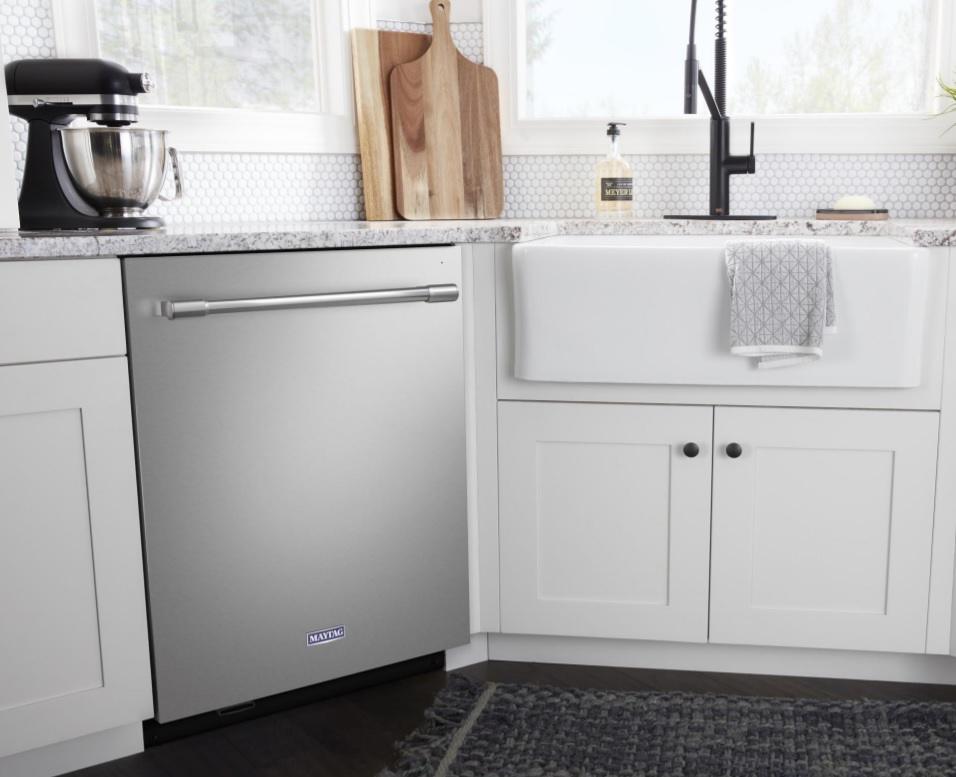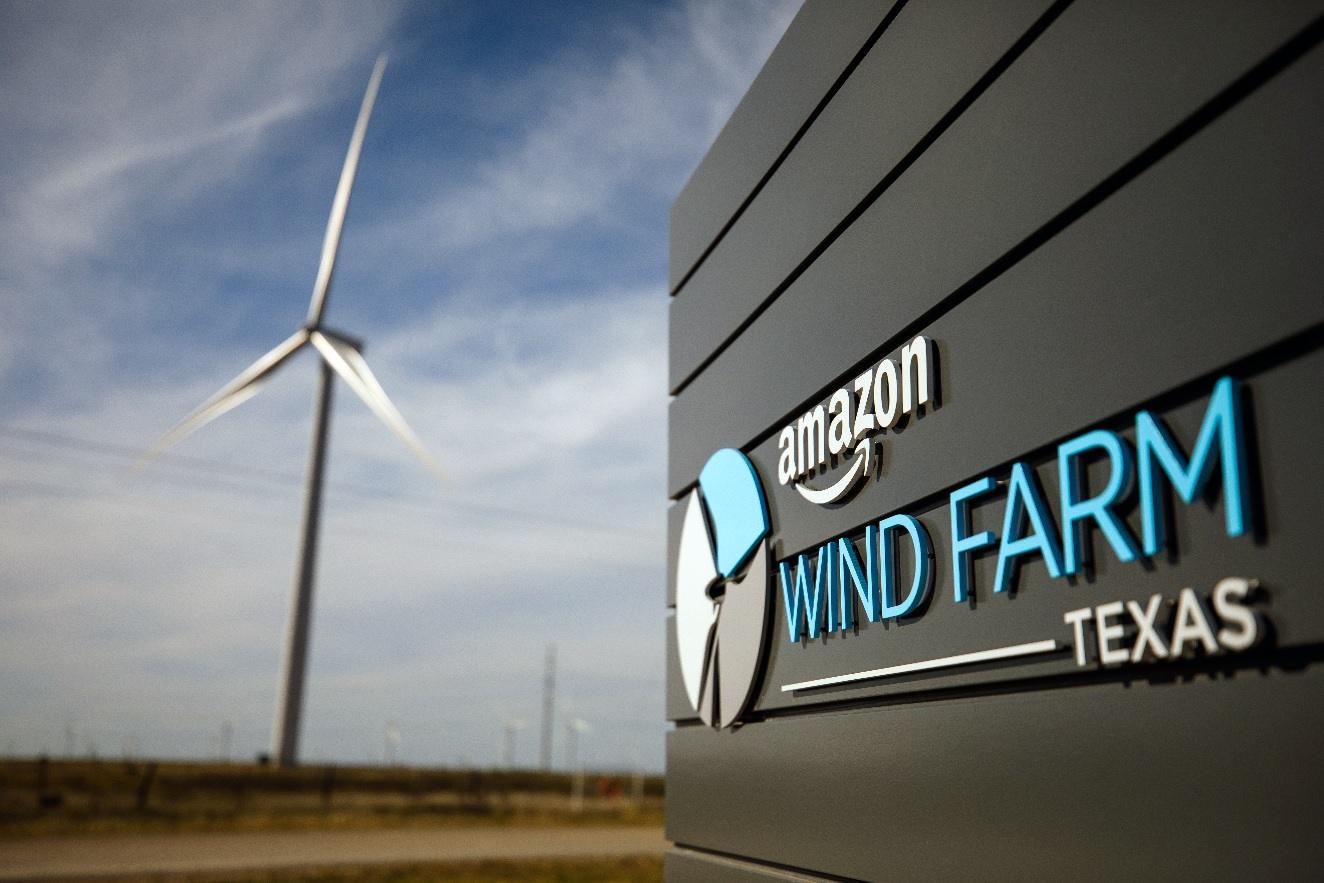Whirlpool Announces GHG Targets Approved by Science-Based Targets Initiative
Leading home appliance manufacturer Whirlpool announced today that its targets for GHG emissions reductions have been approved by the Science Based Targets initiative (SBTi). Whirlpool’s targets fit into SBTi’s category of limiting climate warming well-below 2°C.
SBTi was formed as a collaboration between CDP, World Resources Institute (WRI), the World Wide Fund for Nature (WWF), and the United Nations Global Compact (UNGC), with the goal to establish science-based environmental target setting as a standard corporate practice. Achieving approval of targets by SBTi is a significant milestone for companies’ sustainability efforts, with many companies joining the initiative, but only slightly over 400 receiving approval globally to date.
The approved targets relate to Whirlpool’s Scope 1 and 2 emissions, which refer to the company’s direct emissions from its own operations, and to indirect emissions from purchased energy, respectively.
Marc Bitzer, Chairman and CEO of Whirlpool Corporation, said:
“Our science-based emissions targets are an important part of our journey to deliver on our sustainability goals. Environmental sustainability is core to our culture, and as the world continues to work together to manage the challenges of COVID-19, it is more important than ever to protect our planet and take care of the communities where we live and work. We are in constant pursuit of doing more and are committed to meeting and exceeding the aggressive environmental goals we have set for ourselves.”
SBTi lists Whirlpool’s emissions targets as follows:
Whirlpool Corporation commits to reduce absolute scope 1 and 2 GHG emissions 50% by 2030 from a 2016 base year. Whirlpool Corporation also commits to reduce absolute scope 3 GHG emissions from use of sold products 20% over the same timeframe.
Whirlpool stated that it is on track to meet its emissions reduction target of 50% by 2030, and that since 2016, the company has reduced its absolute plant emissions by 18 percent through significant investments in efficiency and renewable energy, which the company will continue in the coming years.
Ron Voglewede, Whirlpool Corporation’s Director of Global Sustainability, said:
“Our success in sustainability is due in large part to the innovative ideas that are generated by our employees. As a company, we have made considerable progress on our sustainability efforts, but we know there is more to be done, and we continue to push ourselves internally to deliver on even more aggressive goals and build increased resiliency in our business. These emission reduction targets, along with our ongoing sustainability commitments, are leading us on a path to carbon neutrality.”





